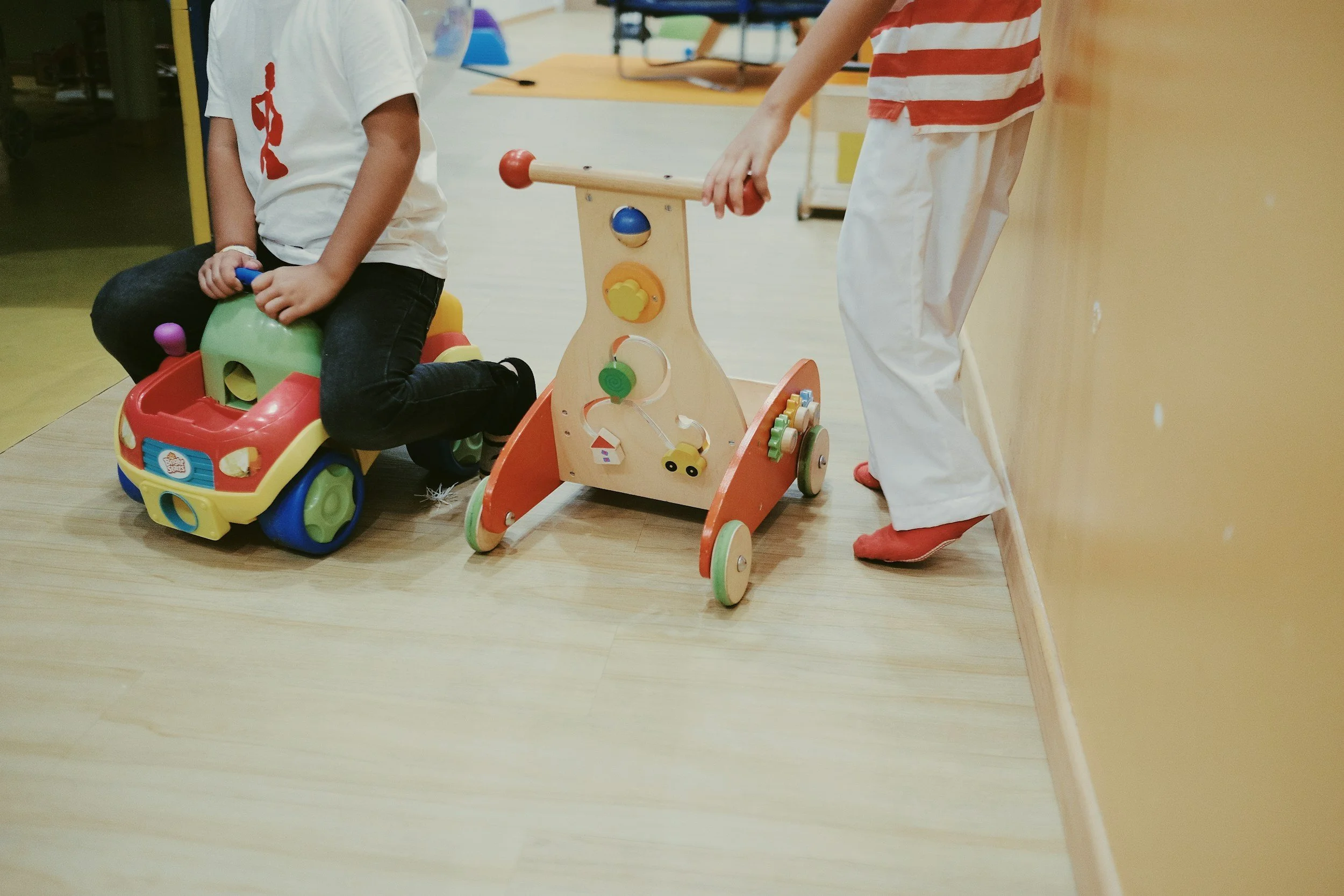How Many Hours Should a Child Spend at Daycare? Balancing Development and Well-being
When it comes to daycare, parents often grapple with the question of how many hours their child should spend in this setting. It’s a decision influenced by a variety of factors, from the child’s developmental needs to the practicalities of parents’ work schedules. Understanding the impact of daycare hours on a child’s well-being can help parents make informed choices that support their child’s growth and overall happiness.
Physiological Development:
Quality Over Quantity A child’s early years are crucial for their physiological development. The brain undergoes significant growth during this period, and children need a stable environment where they can explore, learn, and develop social skills. However, too much time spent in daycare can lead to overstimulation, which might disrupt their natural development. Children thrive in environments that offer a balance between structured activities and free play. While daycares can provide stimulating activities, extended hours might lead to fatigue, reducing the quality of a child’s interactions and engagement. Studies suggest that children who spend excessively long hours in daycare may experience higher levels of stress, which can impact their emotional and physical development. Therefore, it’s crucial to ensure that the time spent at daycare is enriching and not overwhelming.
Parental Attachment:
The Foundation of Security Another significant consideration is the attachment bond between parents and their children. The first few years of life are essential for building a secure attachment, which lays the foundation for the child’s emotional stability and confidence. Extended hours at daycare can sometimes interfere with this bond, particularly if a child spends more time with caregivers than with their parents. While daycare providers play a vital role, they cannot replace the unique connection a child has with their parents. A strong parent-child attachment is associated with better emotional regulation, social competence, and resilience. Thus, limiting daycare hours can help maintain this critical bond, ensuring that children feel secure and supported.
The Impact on Daycare Providers:
Teacher Fatigue Daycare providers play a pivotal role in a child’s daily life, offering care, education, and emotional support. However, they are human too, and long hours can lead to fatigue and burnout. A caregiver who is tired or stressed may not be able to provide the level of attention and care that children need. Children are highly perceptive and can pick up on their caregivers’ emotions. A tired or stressed teacher might inadvertently contribute to a less positive environment, which can affect a child’s experience at daycare. Ensuring that teachers have adequate breaks and manageable hours is crucial for maintaining a high standard of care and a nurturing environment.
Socialization and Independence:
The Benefits of Daycare On the flip side, daycare offers invaluable opportunities for socialization and learning. Children benefit from interacting with peers, which helps them develop essential social skills such as sharing, cooperation, and empathy. Daycare can also foster independence, as children learn to navigate a group setting and follow routines without direct parental supervision. However, these benefits are best achieved with a balanced approach. While socialization is important, it’s essential to consider the child’s individual needs and temperament. Some children might thrive in a daycare setting, while others may find long hours challenging. Parents should observe their child’s reactions and adjust the daycare schedule accordingly.
Finding the Balance:
Recommendations for Daycare Hours So, what’s the ideal number of hours a child should spend at daycare? While there’s no one-size-fits-all answer, a general guideline is to aim for no more than 8-10 hours per day, depending on the child’s age and individual needs. For very young children (under three years old), shorter days may be more beneficial, allowing for ample time with parents and reducing potential stress. It’s essential to prioritize quality over quantity, ensuring that the daycare experience is positive and enriching rather than simply a necessity due to work demands.
Prioritizing Well-being in Daycare Decisions Deciding how many hours a child should spend at daycare is a complex decision that requires careful consideration of the child’s developmental needs, the importance of parental attachment, and the well-being of daycare providers. By striking a balance, parents can ensure that their child benefits from the positive aspects of daycare while also fostering a strong, secure attachment and promoting healthy development. Ultimately, the goal is to create an environment where the child can thrive both in and out of daycare.





